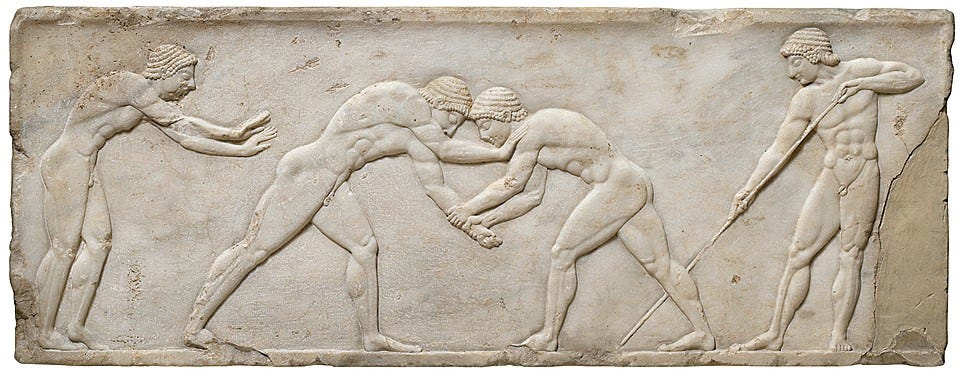
It’s been a tough week for me, maybe you, too. I thought I might not be able to write for a long time. I didn’t think, suddenly, I had it in me to address the moment. I guess, despite the dreadful fear, I thought we’d pull it out, and I wasn’t emotionally prepared. Then, Wednesday afternoon, without planning to, thinking I couldn’t, I just sat down to write. I didn’t know what else to do. It’s what I do. It’s how I survive.
I still need to bring things more clearly into view for me, for my writing.
Those reading me long enough on Substack know I haven’t wanted to write about “politics.” I did that for about a decade, amid my other writing, and I felt I’d lost time and productivity away from my creative work because of it. This just concluded election, and the prospect of what has come to pass, drew me back in for a few months. I felt th…
Keep reading with a 7-day free trial
Subscribe to Homo Vitruvius by A. Jay Adler to keep reading this post and get 7 days of free access to the full post archives.




